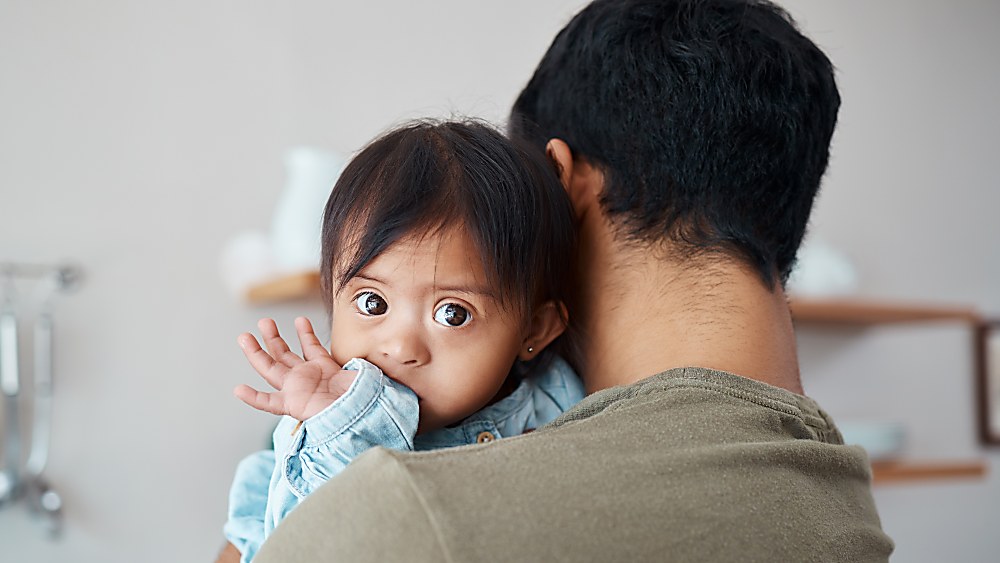
Newborn screening as a tool to improve equal access to a diagnosis

Many rare disease patients have few or no symptoms at birth. It can take months before babies or children are diagnosed, and hence appropriate care and support given to families1. Newborn screening (NBS) includes routine medical tests shortly after birth, such as a simple blood test taken from the heels of babies and follow-on genetic tests if deemed necessary, that identifies risk factors to certain disorders as well as a number of rare diseases that can have serious health consequences.
Takeda is proud to support a number of initiatives that are looking to shorten the path to rare disease diagnosis in babies, leveraging NBS and digital technologies. Earlier diagnosis enables earlier intervention, with the hope of letting those affected live as long and normal a life as possible.
One such program that Takeda is proud to support is ScreenPlus – a voluntary newborn screening research study supported by the National Institutes of Health, and coordinated by the Albert Einstein Hospital and the Children’s Hospital at Montefiore, in New York (NY), USA. ScreenPlus offers parents of babies born at pilot hospitals the option to screen for 14 additional disorders not currently on NY’s routine newborn screening panel, expanding the number of children and conditions these centers can reach. ScreenPlus is also initiating long-term follow up for infants who are confirmed to have a condition identified.
As a sponsor of ScreenPlus, we are taking tangible action to increase medical understanding, research, and public awareness for the rare disease community. Helping to reduce the delays that families and babies with a rare disease have in accessing the right support and care they will need.
References
1 EURORDIS. Newborn Screening. [internet; cited February 2023]. Available from: https://www.eurordis.org/our-priorities/diagnosis/newborn-screening/